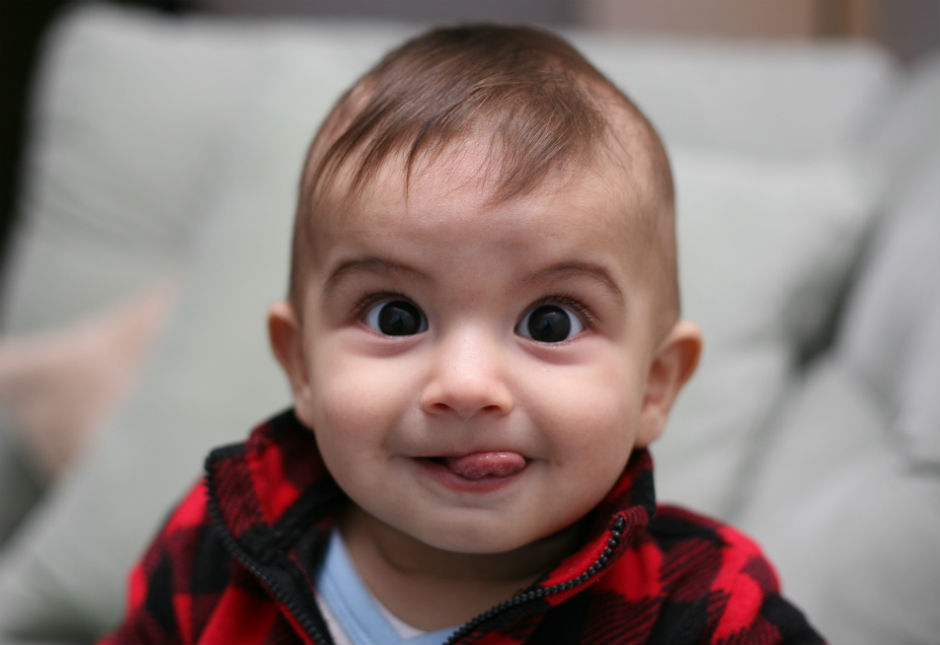Baby products void of toxins are in high demand these days. In recent years, a number of scientific studies suggested that baby shampoo, baby powder, and baby lotion might be exposing young children to potentially harmful chemicals called phthalates.
Making good choices for lotions, shampoos, and other personal products for children is not an easy task. There’s a great deal of attention about chemicals like phthalates, parabens, and formaldehyde found in many personal care products. However, it’s not clear what the risks are, if any.
Avoiding phthalates in baby products
Many parents take for granted that the ingredients in personal care and baby products are safe or they wouldn’t be allowed to be sold or used. However, that’s not necessarily the case, says David Andrews, senior scientist with the Environmental Working Group, a nonprofit advocacy organization.
Andrews advises the following:
“Premarket safety testing is not something that’s necessarily done for cosmetics or personal care products. I know it was eye-opening for me — the lack of information on the health and safety of the chemicals that end up in our everyday products.”
Andrews adds, “We recommend looking to avoid phthalates. One of the concerns is that we know the chemicals end up in the bloodstream.”
Phthalates are used to make plastics flexible and stabilize fragrances. They are found in a myriad of consumer products including medical equipment, personal care products and toys.
Shanna Swan, PhD, an epidemiologist at the University of Rochester Medical Center, conducted two phthalate studies that attracted a lot of attention. Both studies looked at how phthalates exposure in pregnant women might affect their sons.
The Mayo Clinic reports “one study showed that 3 to 6-year-old boys of women who had high levels of phthalates during pregnancy were less likely to engage in ‘typical male’ type play such as play-fighting and playing with trucks.”
Another study showed that 1-year-old boys of mothers in the high-phthalates group showed signs of impaired production of testosterone — the male sex hormone.
Dr. Swan says she believes that it may affect the development of boys.
“We know phthalates are in these products. We know they get in our bodies. The debate comes over how risky they are.”
In 2008, the journal Pediatrics reported another study where researchers found high levels of phthalates in the urine of babies that were “recently soaped or slathered with baby shampoo, powder, or lotion.” The study got a lot of attention because the questionable chemicals were in products especially targeted toward babies.
Avoiding chemicals in products
It’s not easy to shop for products that don’t contain phthalates. Phthalates aren’t listed on product labels.
Additionally, it’s also quite difficult to determine if phthalates are in a product. Manufacturers are not required to list the specific chemicals that make up fragrances — and those fragrances can often contain phthalates, which are used to make smells last longer.
One way to be sure a product does not contain phthalates is to look for labels that say “no phthalates” or “phthalate-free.”
Dr. Swan explains how people are reacting to the risk of toxins in personal care and household products.
“The level of risk you want to assume and how cautious you want to be is a personal choice. Some people will go out of their way to avoid every conceivable risk and some will say they aren’t going to worry about anything. Most people fall somewhere in between.”
Satisfying the demand for safer products
More companies are springing up that are avoiding the use of toxic chemicals like phthalates.
For example, movie and television actress Jessica Alba is actively involved with charities such as Safer Chemicals Healthy Families, ONE, Habitat for Humanity, Project HOME and more. A California native, Jessica Alba co-created The Honest Company, Inc. “to help moms and to give all children a better, safer start.”
The Honest Company is a consumer goods company that emphasizes in non-toxic household products to supply the marketplace for ethical consumerism. Alba and co-founder Christopher Gavigan started the company when they were unable to find the eco-friendly, non-toxic baby products they wanted for their own children.
Now valued at more than $1 billion, the company sells everything from diapers to wipes to cleaning products. Its products are sold at retailers such as Nordstrom, Costco, Whole Foods, Target and many specialty boutiques.
No doubt, parents, grandparents, and caregivers have become more aware of the dangers of toxins like phthalates in baby toys, clothing, shampoos, powders and lotions. Many actively search for non-toxic baby products, as well as safe and economical products for the home.
For additional help in determining whether products you purchase contain toxins, visit the Environmental Working Group’s Skin Deep Cosmetic Safety Database. The online guide looks at the safety of more than 7,600 ingredients in nearly 62,000 products. You can use this guide to find potentially healthier products, including non-toxic baby products.
(Photo courtesy of Avsar Aras via Wikimedia.org | Cropped and resized | CC BY-SA 4.0)